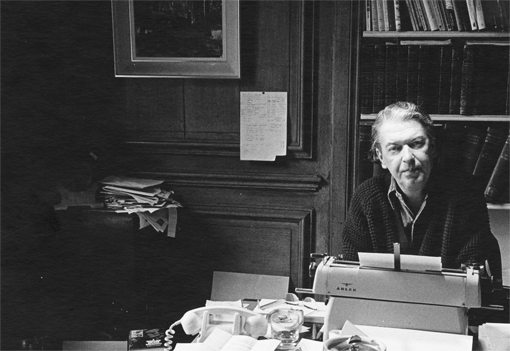English & Irish Authors Read Their Own Work
2012. GB. CD. 218 minutes. British Library (Spoken Word series). ISBN: 9780712351102. Price: £20.36
 About the Author: Dr Alexander Beaumont is a Teaching Fellow at the University of York, where he teaches contemporary British and American literature. He has taught creative writing to mature learners in the past, and is currently writing a monograph on representations of the city in British fiction since 1987.
About the Author: Dr Alexander Beaumont is a Teaching Fellow at the University of York, where he teaches contemporary British and American literature. He has taught creative writing to mature learners in the past, and is currently writing a monograph on representations of the city in British fiction since 1987.
Tel: 01904 323331
E-mail: alex.beaumont@york.ac.uk
Despite the best efforts of Granta and Prospect, and an annual £15,000 award sponsored by the BBC, the short story remains a marginal form in Britain. This is less the case across the Atlantic, where it still – arguably – retains some importance. Novels such as Jonathan Franzen’s Freedom (2011) might forge the cultural debate in the USA, but it continues to be the case that, to a far greater degree than here, American writers cut their teeth writing short stories. Consequently, the influence of the form is noticeable across US fiction, as practitioners often demonstrate an economy directly attributable to their training. While David Guterson may have won the PEN/Faulkner Award for the novel Snow Falling On Cedars (1994) it’s fairly easy to identify the origins of his storytelling skills in the fabulous collection The Country Ahead of Us, The Country Behind (1989). Far from representing an apprenticeship, however, this book stands on its own as a creative document replete with keenly observed moments of emotional insight that are expressed with a crisp reserve difficult to identify in fiction from the UK.
Perhaps this situation is in the process of changing. High-profile novelists such as Kazuo Ishiguro and Colm Tóibín have in recent years published well-received collections of short stories, and the ever-rising interest in creative writing programmes could contribute to a renaissance of the form almost by default. While many such courses focus on the novel, this can be a tricky form to accommodate within a two-hour workshop; the short story thus represents an appropriate way of encouraging students to critique each other’s work while keeping to a university schedule. In any event, it’s the most effective tool for demonstrating the maxim ‘show, don’t tell’ and getting students to let their verbs – not their adjectives – do the work.
 Learning on Screen
Learning on Screen
